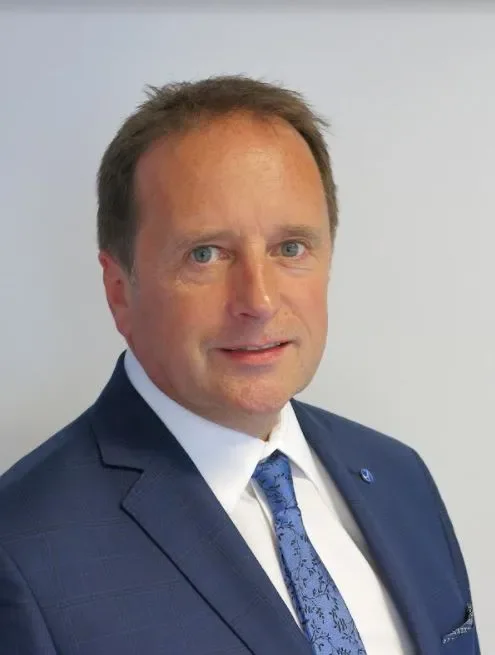

Interview with Dr Brian Corcoran, Head of the School of Mechanical and Manufacturing Engineering at DCU
What do you consider to be the most rewarding aspect of a career in engineering?
Engineering is a rewarding profession and one that comes with a certain prestige and sense of accomplishment. It offers a sense of challenge and excellent job security to those who decide on a career in engineering. The field is so broad that you can work almost anywhere in the world with nearly any organisation. Some of the fields of engineering include Mechanical Engineering, Biomedical Engineering, Renewable Energy Engineering, Chemical Engineering, Electronic and Computing Engineering.
The prospects for a fulfilling career in engineering are endless. Engineering skills are readily transferable from one industry to another and every country needs more engineers.
What is your primary area of research?
My area of research is High Purity Water Systems for Pharmaceutical, Semiconductor and Food/Beverage Industries. These are multi-million Euro systems, built from high-quality Stainless Steel. They use high end purification technology, including Reverse Osmosis and Continuous Deionisation systems, to bring drinking water to Ultra Pure or Water for Injection quality. This water is then used in the manufacture of drug products and intravenous drips or in the manufacture of food and beverage products.
What sparked your interest in this area of research?
I became interested in this area of research while working as a Consultant Engineer in the Pharmaceutical and Semiconductor Industries. I identified problems with these expensive systems related to ‘Stagnant Water’ in areas of the Stainless Steel pipe networks. This stagnant water allows bacteria to grow and this bacteria is a major contaminant within what should be a high purity water system. This contamination results in loss of production, shut down of the plant and costly cleaning of the entire water and production system.
My research applies Computational Fluid Dynamics (CFD) to model and analyse pipe networks, identifying areas of stagnation. This analysis is used to redesign pipes, valves and fitting in the network and to eliminate stagnant areas. This work saves companies millions of Euro each year in lost production and cleaning expenses.
What advice would you give to someone about to embark on a career in your field?
A career in engineering can help prevent disease, tackle poverty, help address global warming and solve some of the biggest global challenges of our time.
If you want to pursue a career in engineering, start by finding an area that interests you. This may be something related to climate change or other challenges facing humanity. Read about some of the exciting, new technologies that are being deployed to solve these challenges and the engineers behind these solutions.
After you find an area that interests you, you can search for an engineering course that will help you get a career in this area. An engineering degree will help grow your skills in creative thinking and teamwork, offer’s excellent career opportunities and high graduate salaries. You can work anywhere in the world with an engineering degree. Engineering is a great career!
